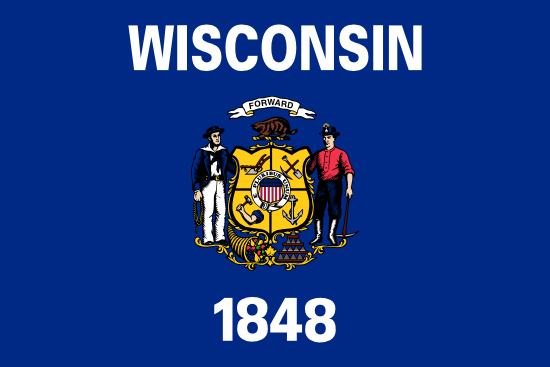Oregon has experienced incredible economic growth over the past 20 years. Between 1997 and 2015, the state’s inflation-adjusted gross state product (GSP) has grown from $112 billion to $201 billion, despite two recessions that may have otherwise interrupted that growth period. Oregon’s economy shows no signs of stopping anytime soon, making it a hotbed of activity for new and experienced entrepreneurs alike.
In Oregon, small businesses are very popular. There are more than 368,000 businesses, which make up 99.4 percent of all Oregon businesses. Together, they employ 55 percent of the Oregon population, which amounts to more than 823,000 people. If you’re looking for opportunities, you can find plenty in big cities like Portland, Salem, Eugene, Gresham, or Hillsboro, or set up shop in one of Oregon’s more rural areas.
Forming a Business in Oregon
When you’re ready for the first step, you’ll need to choose which business structure will best serve your business goals. The main types of structures you’ll have to choose from are sole proprietorships, partnerships, limited liability companies (LLCs), and corporations. Each of these business structures has inherent advantages and disadvantages, so there isn’t a strict “best” option.
Sole proprietorships are easy to create, and are best for very small operations with just one founding member. Taxes are fairly straightforward; you’ll classify any business income you make as personal income, and pay taxes like you would as an individual. Partnerships work much the same way, except you’ll have at least one other founding member (and you’ll need to split expenses and income accordingly). The downside to these business types is the liability exposure, since you could be held personally liable for any business missteps.
LLCs are slightly more complex, but are manageable even for novice entrepreneurs. They function as pass-through entities, meaning they won’t owe taxes directly on income, but you’ll owe taxes as an individual (or as partners) when you collect profits. LLCs provide a limited degree of liability protection, making them safer bets for most businesses. In Oregon, you’ll need to file an annual report and pay a $100 fee for the report.
Corporations are best for businesses with major plans for long-term expansion, since this structure enables you to raise funds through publicly-issued stocks. These are more complicated to start and maintain (since they require significant regulatory upkeep), but in return, you’ll receive much more liability shielding. Corporations are considered separate legal entities like LLCs, but are required to pay taxes on income. In Oregon, corporate tax rates are based on either a minimum tax based on relative Oregon sales, or 6.6 percent up to $1 million of income and 7.6 percent on income after that.
Federal Tax ID (EIN) Number Obtainment
Most businesses will need to obtain a federal tax ID number, otherwise known as an employer identification number, or EIN. This is a 9-digit, unique identifying number that’s required for all businesses with multiple members or those intending to hire employees. You’ll also need this number to create business bank accounts, establish lines of business credit, and apply for local business licenses, permits, and certifications. Practically all LLCs and corporations will need to have an EIN, as will all partnerships and any business with employees. Even if you aren’t legally required to have one, it’s good to have one for use on business forms and contracts.
Getting a federal tax ID is simple if you use an online application. Start the process using our federal tax ID number obtainment services; after answering a few simple questions about your business and founding partners, you’ll receive your tax ID via email in under an hour!
Oregon State Tax ID Number
Your Oregon business may also need to get an Oregon state tax ID number. Though the name is similar, this number is distinct from your federal tax ID number. This number is required of any business hiring Oregon employees, those selling taxable goods and services in the state, and those that owe excise taxes on regulated goods like alcohol and tobacco.
You’ll need to get your federal tax ID first, but as long as you’re using our online application, you should be able to get it in an hour or less. Once you have that, you can answer a few questions about your Oregon business in our online application. From there, you’ll receive your Oregon state tax ID number in 4 to 6 weeks.
Localized Licenses and Permits in Oregon
In Oregon, there isn’t a general business license required of your company. However, your business may be required to have a license, permit, or other form of certification. These requirements are often set at a local level, at the city or county level, and may vary depending on the size of your business, where it’s located, and what industry it’s in. For example, businesses in the healthcare and transportation industries almost always need additional certifications. Because there are thousands of potential licenses and permits that may apply, and because those laws vary by city, it’s best to check in with your local Chamber of Commerce for more details and to ensure you have all the documentation you need to get started.
If you have an idea for a business to start in Oregon, it’s easier than ever to take that idea from dream to reality. The path to becoming a successful entrepreneur isn’t always straightforward, but once you understand the necessary first steps to establishing a business, everything else will start falling into place. The faster you start your business, the sooner you can start making money. Make things easier on yourself and spark the process faster by relying on our federal tax ID number and Oregon state tax ID number obtainment services!


